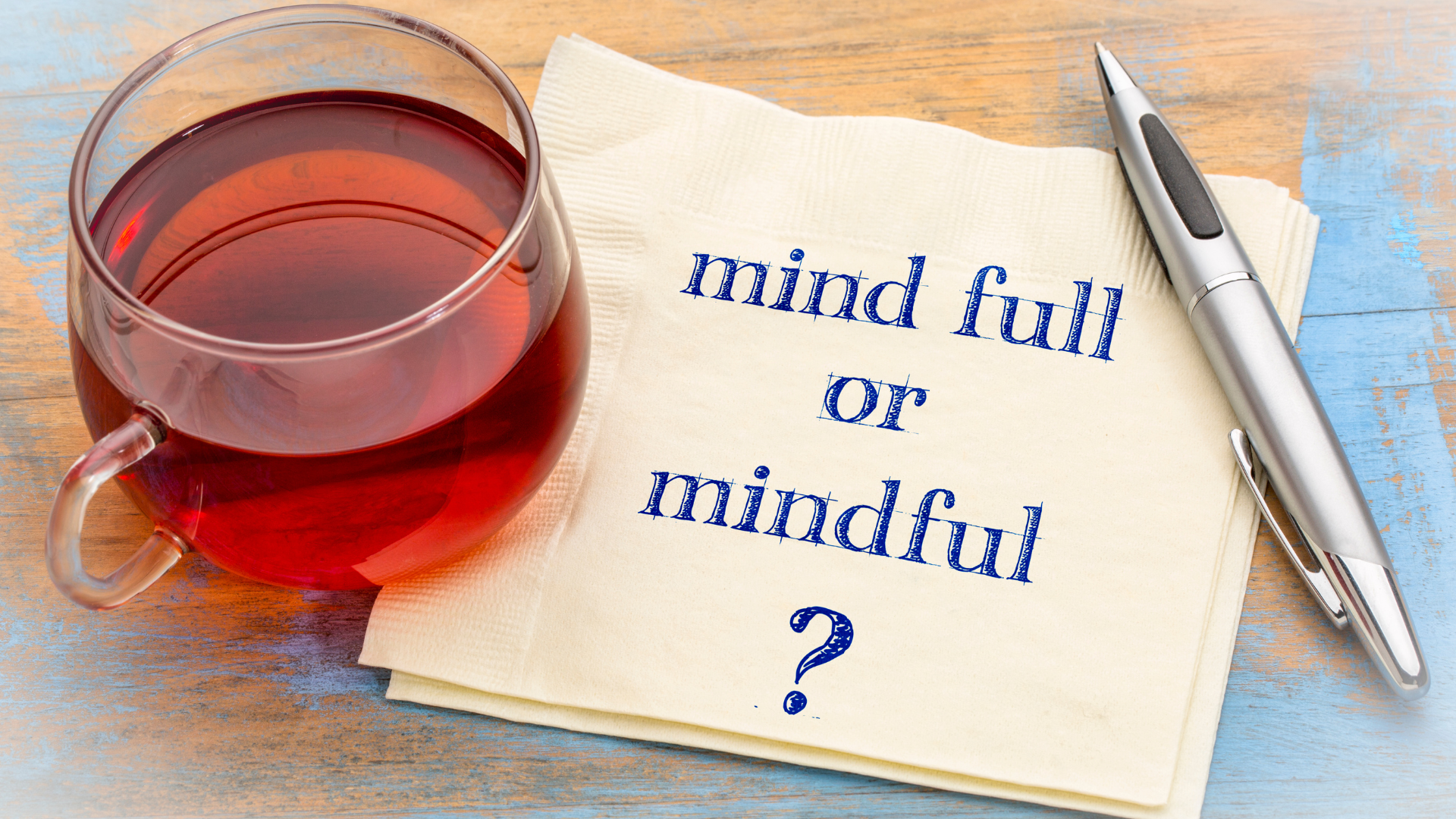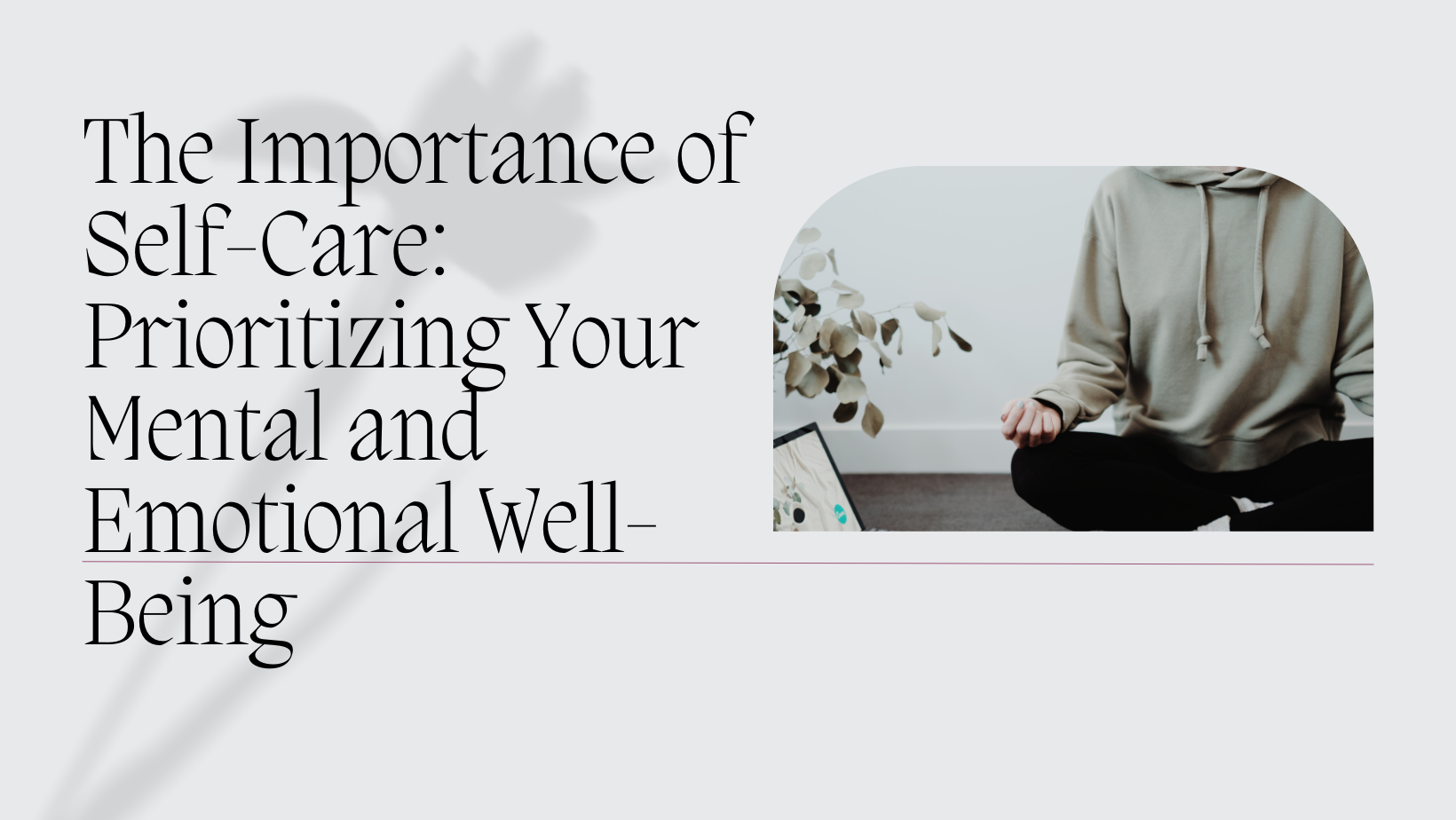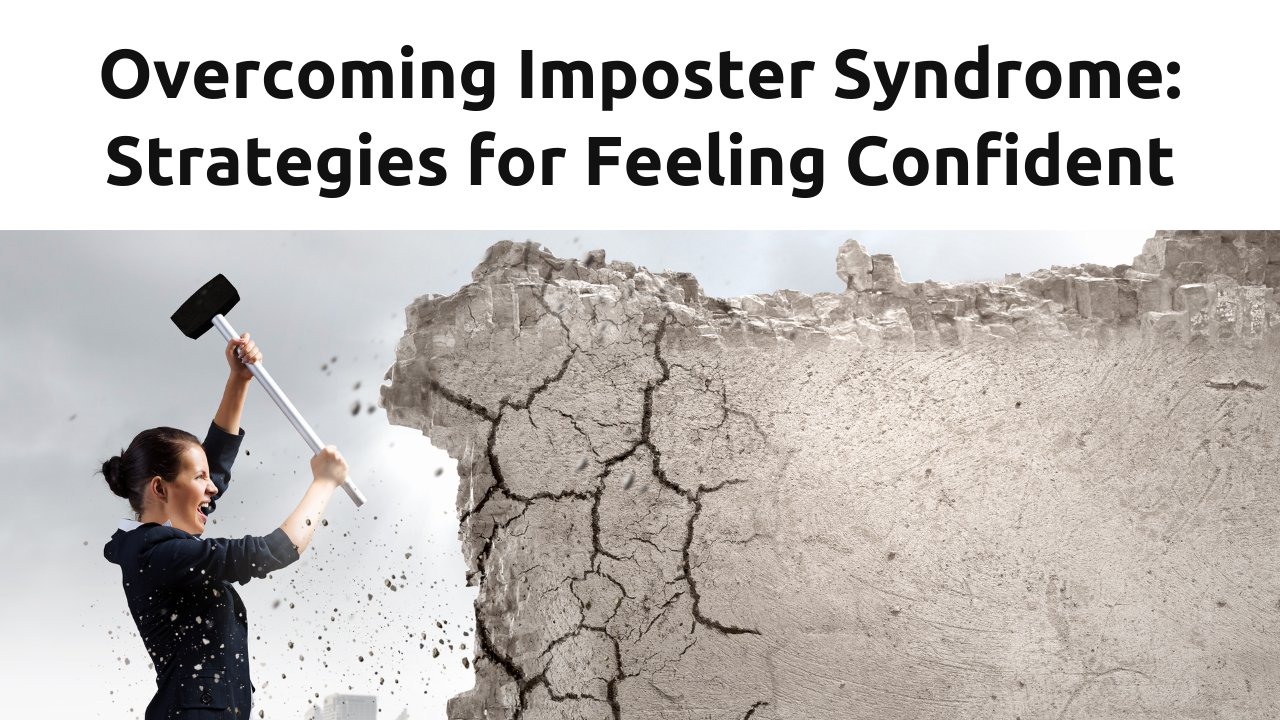Understanding Mindfulness
Mindfulness is the practice of being fully present and engaged in the moment, aware of your thoughts and feelings without distraction or judgment. It’s about observing life as it unfolds, without trying to change or resist it.
The Evolution of Mindfulness
While mindfulness has its roots in Buddhist meditation, it has transcended its religious origins to become a secular practice embraced by millions worldwide. In the West, it has been adapted for stress reduction, mental health treatment, and personal growth.
Modern Mindfulness Practices
1. Mindful Technology Use
In an age where digital distractions are omnipresent, mindful technology use is crucial. This involves being aware of how and why you use digital devices and setting boundaries to prevent overuse.
Implementing Mindful Tech Use:
- Digital Detoxes: Regularly schedule time away from digital devices.
- Intentional Usage: Use technology purposefully, rather than out of habit or boredom.
2. Mindfulness in Daily Activities
Mindfulness can be incorporated into everyday activities, turning routine tasks into mindful moments.
Daily Mindfulness:
- Mindful Eating: Pay attention to the taste, texture, and sensations of eating.
- Mindful Walking: Focus on the movement of your body and your surroundings while walking.
3. Mindfulness Meditation
Mindfulness meditation involves sitting quietly and paying attention to thoughts, sounds, and the sensations of breathing or parts of the body, bringing your mind’s focus back whenever it wanders.
Meditation Techniques:
- Guided Meditation: Use apps or online resources for guided mindfulness meditations.
- Breathing Exercises: Focus solely on your breath, observing each inhale and exhale.
4. Mindful Workspaces
Creating a mindful workspace can enhance focus and reduce stress in your professional life.
Creating a Mindful Workspace:
- Organized Space: Keep your workspace tidy and organized.
- Mindful Breaks: Take short, regular breaks to reset and refocus.
5. Mindfulness and Emotional Intelligence
Mindfulness can improve emotional intelligence, enhancing your ability to understand and manage your emotions and those of others.
Emotional Intelligence Strategies:
- Self-awareness: Regularly check in with your emotions.
- Empathy: Practice seeing situations from others’ perspectives.
6. Mindful Communication
This involves being fully present during conversations, listening actively, and responding thoughtfully.
Communication Tips:
- Active Listening: Focus entirely on the speaker, without planning your response.
- Non-Verbal Cues: Pay attention to body language and tone of voice, both yours and others’.
The Science Behind Mindfulness
Research has shown that mindfulness can have a profound impact on our brains and bodies, leading to reduced stress, improved cognitive function, and better emotional regulation.
Neurological Benefits
- Stress Reduction: Mindfulness reduces activity in the amygdala, the brain’s stress center.
- Enhanced Brain Function: Increases in gray matter concentration in areas of the brain involved in learning, memory, and emotion regulation.
Physical Health Benefits
- Lower Blood Pressure: Mindfulness can lead to reductions in blood pressure.
- Improved Immune Response: Enhanced ability to fight off illness.
Mindfulness for Mental Health
Mindfulness has been shown to be effective in treating various mental health issues, including anxiety, depression, and PTSD.
Mindfulness-Based Stress Reduction (MBSR)
MBSR is a structured program that combines mindfulness meditation and yoga to reduce stress and improve psychological well-being.
Mindfulness-Based Cognitive Therapy (MBCT)
MBCT combines mindfulness practices with cognitive therapy techniques and is particularly effective in preventing relapse in depression.
Conclusion
Mindfulness, redefined for the modern age, offers a versatile and accessible approach to improving mental and physical health. By integrating mindfulness into our daily lives, we can cultivate a heightened sense of awareness and a deeper connection to the present moment, leading to a more fulfilled and balanced life. Remember, the practice of mindfulness is a journey, not a destination. It’s about finding what works for you and adapting it to your lifestyle.



